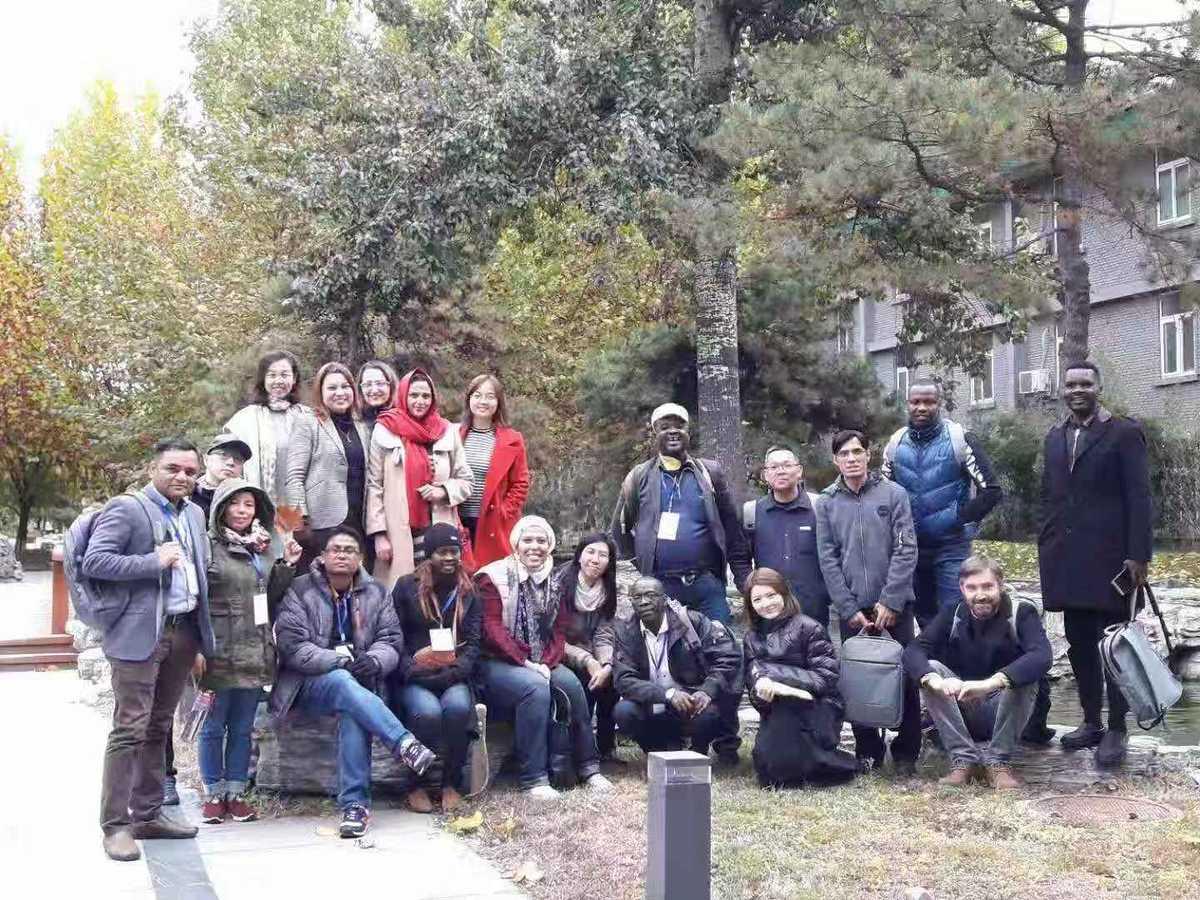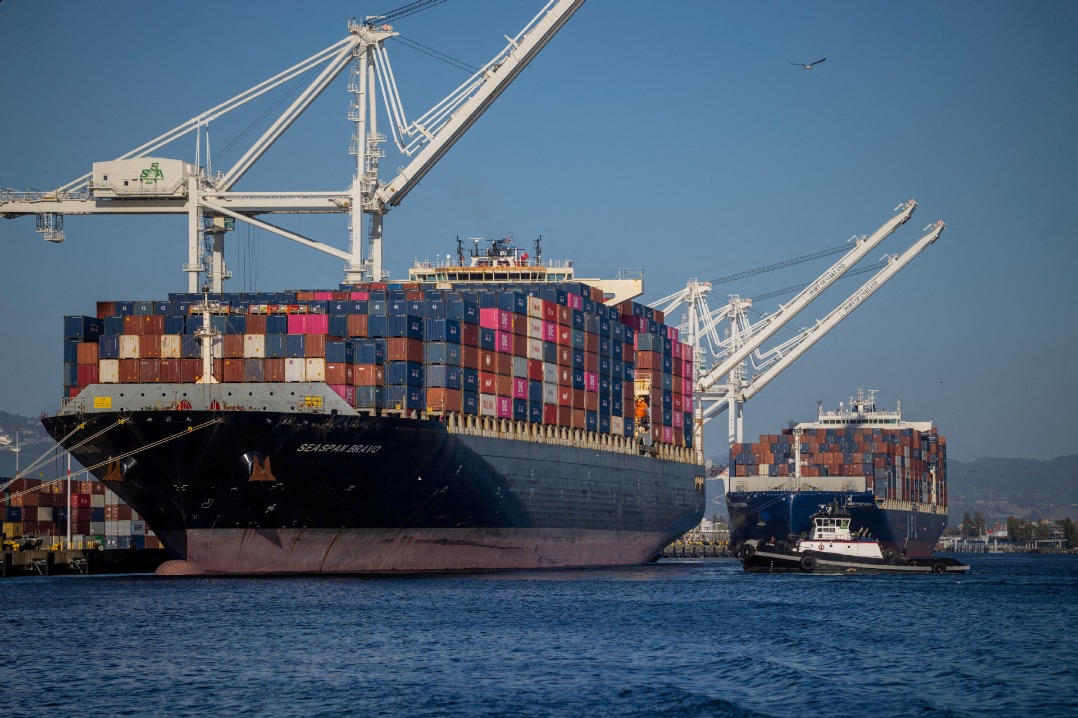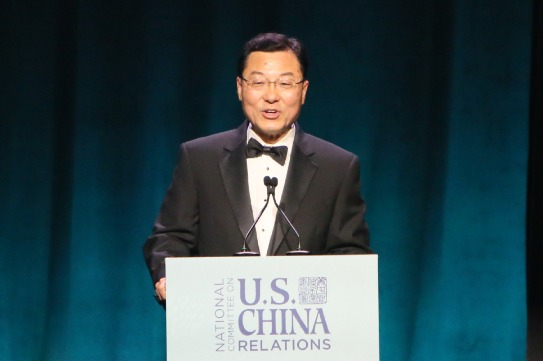China's seamless blend of ancient culture, modernity intriguing


The journalists also visited the Great Wall in Beijing, one of China's leading tourist attractions. As the popular phrase by Chairman Mao Zedong goes, “He who has not been to the Great Wall is not a true man." Built over 2,000 years ago with a staggering length of more than 20,000 kilometers stretching across 15 provinces, the Great Wall is indeed a sight to behold. Although most of the wall has been reconstructed owing to centuries of erosion, it remains one of world's greatest attractions visited by more than 10 million tourists annually. Due to strong and chilly autumn winds, the journalists chose to enjoy a scenic view of the magnificent wall from the comfort of cable cars. The Great Wall is lined at the bottom with a collection of ultramodern villas and restaurants, where visitors can sample Chinese dishes before or after a tiresome hike.
More often than not, a country's cultural heritage is conserved in its museums and national archives. Chinese culture is a way of life felt in day-to-day interactions with its people, local Chinese delicacies and the country's breathtaking modern infrastructure featuring ancient Chinese designs. In Lankao county in Henan province, the government is building a modest town featuring ancient Chinese architectural designs, museums and monuments of national heroes like Jiao Yulu, a model Party figure who devoted his life to fighting poverty in the once impoverished county. Following in the steps of Jiao Yulu, President Xi Jinping is currently undertaking a revolutionary poverty alleviation program in Lankao with impressive results.
The Chinese, both young and old, seem to be aware of their culture, have great regard for it and feel proud to share it with non-Chinese citizens. Chances are high that anyone who has been hosted by the Chinese has sampled Peking duck, sweet pork, Chinese tea and other popular Chinese delicacies. The prominence that the Chinese accord to their culture and traditions has cultivated a harmonious Chinese society, which to a large extent shares important values and principles. Perhaps this is why China's influence in the world is soaring. Other developing countries can learn from China by adopting modern methods to conserve, share and proudly promote their culture and use it as a tool of influence in the global arena.
The author is a news editor for Xinhua News Agency's Africa Regional Bureau in Nairobi, Kenya.





























